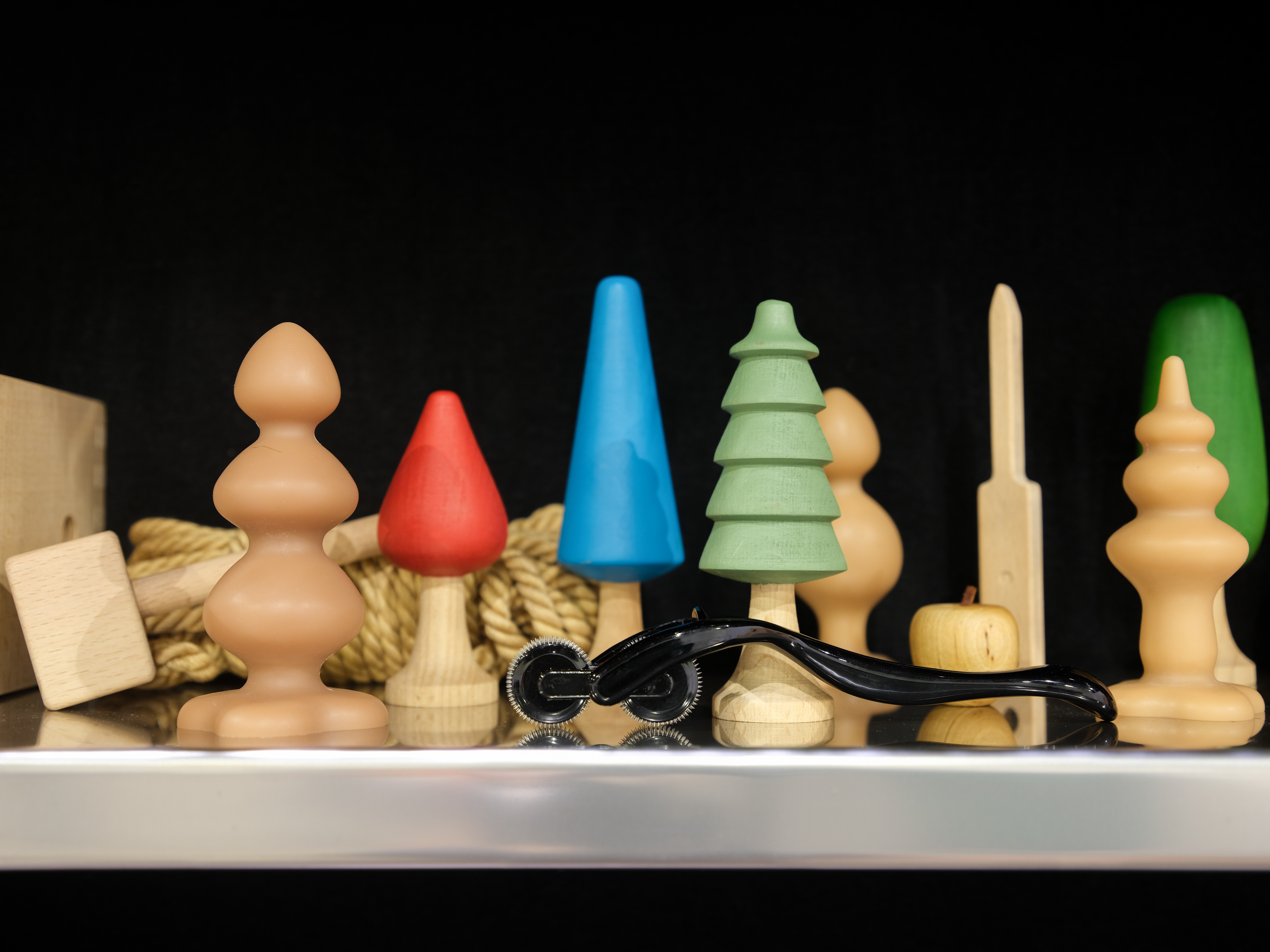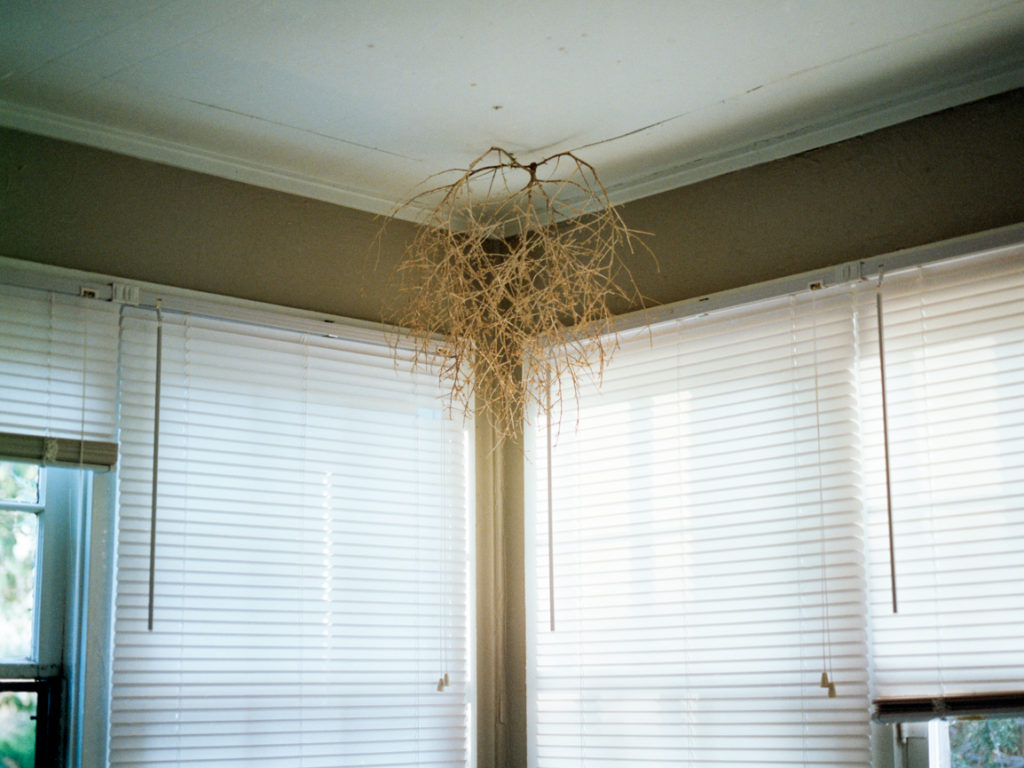All Texts About Love
RISD MFA Graduates Photography Program
Yingheng Huang, Jonathan Mark Jackson, Beth Johnston, Drew Leventhal, Amber Byrne Mahoney, Ali Newhard, Allie Tsubota
Curated by Anthony Elms
July 28 – August 18, 2022

Opening Reception Thursday July 28th, 6-8pm
Public conversation with Anthony Elms, curator, Leslie Wilson, art historian, and the artists at 6:30pm
Installation Views
Microscope Gallery is pleased to host All Texts About Love, an exhibition of the work created by the 2022 graduates of the RISD MFA Photography Program: Yingheng Huang, Jonathan Mark Jackson, Beth Johnston, Drew Leventhal, Amber Byrne Mahoney, Ali Newhard, and Allie Tsubota. The exhibition is curated by Anthony Elms.
The exhibition title, All Texts About Love, is an incomplete, open-ended declaration. It is also the title of a video by Ali Newhard, sourced from Roland Barthes’ 1977 work, A Lover’s Discourse: Fragments. Throughout A Lover’s Discourse, Barthes is consumed with sentimentality. At a loss, he writes himself into a whirlpool of words looking to capture the unmanageable, continually contending with the fact that something so common–love–can still escape being fixed in language. In writing about the book, Wayne Koestenbaum describes Barthes’s method as “Banish the message. Preserve the exaltation that surrounds it. Investigate the perfume that the message leaves behind.”
Similarly, the seven artists here–through archival explorations, performative gestures, captured intimacies, ghostly histories, landscapes and forces beyond containment, or the tangles of storytelling–use the ubiquity of images to trace the perfumes that photography leaves behind. These works visibly strain the received political, racial, gendered, sexual, historical, and environmental narratives that trouble the camera’s mechanical capture. Theirs are power dynamics that refuse easy resolution. In this irresolution time and causality double back and splinter. Here we are offered seven views into the way we struggle to catalog, reaffirm, append, extend, recut, identify, undermine, shirk, fawn, play, kink, jostle, and recode before the lens.
_
Yingheng Huang (b. 1996) was raised in China and received an MFA in Photography from the Rhode Island School of Design. She presently lives and works in Providence, RI.
Jonathan Mark Jackson (b. 1996) received a Bachelors of Art degree within the Art & The History of Art department at Amherst College and his MFA at the Rhode Island School of Design. Jackson’s work seeks to engage with historical facts through objects, landscape, and the human form. Through the combination of photographs and language, Jackson calls attention to the mysterious forces that cloud, torment, and stall the formation of a Black American identity.
Beth Johnston (she/hers) is an interdisciplinary artist and educator making work around|about|amidst|from within the climate crisis. Beth’s work investigates and challenges inherited ways of knowing and is indebted to Latinx, Black, Indigenous, Queer and other voices aligned in acknowledging that the climate crisis is rooted in settler-colonial legacies. Grounded in research on environmental justice, Beth’s work explores temporal chasms, climate data encounters, the decolonization of nature, entanglement, more-than-human worlds, and how to visualize the imperceptible. Her work blurs traditional boundaries between photography, sculpture, performance, video, and activism, often building conversations across mediums. Johnston has exhibited in Colorado, Rhode Island, and New York. She has been awarded several grants for her community-based work in Colorado including the Creative Industries Artist Grant (2020). Additionally, she has been the recipient of the Curator’s Choice at the Center for Fine Art Photography (2021) and was the finalist for RISD Museum’s Donor Prize for a public artwork installation (2022). Beth received an MFA in Photography from Rhode Island School of Design in 2022 with a self-designed concentration in NatureCulture studies. She currently works between the high mountain desert of the Southwest and coastlands of New England.
Drew Leventhal (he/him) is a photographer working with themes of colonial history, family, and the ways memory shapes identity. Raised by two anthropologists in Philadelphia, PA, Drew is drawn to the ways photography can be used to reveal narratives about people and cultures in their landscape. His work blends ethnographic fieldwork with an eye for wonder and mystery. Drew attended the International Center of Photography and recently completed his MFA in photography at the Rhode Island School of Design. He is currently based in Providence, Rhode Island.
Amber Byrne Mahoney (b. 1984 Victoria, Australia) is a visual artist living in East Chatham, New York* with her partner and son. Guided by a liminal kind of looking — looking as an act of curiosity rather than knowing — and moved by the possibility that attention can be a radical act of care, her practice exists at the intersection of moving and still imagery, field recordings, poetry, storytelling, research, and wonder. Her works currently on view, Blank Lines Do Not Say Nothing and Answer[ing] With My Own Life, reimagine evidence — not as neutral and unfeeling, but as emotional and deeply subjective — as something shaped and formed by its namer. In these works, she turns her attention to the witch trials of seventeenth century Salem, Massachusetts — tipping over the facts we have inherited to empower a different kind of looking. Blank Lines and Answer[ing] insist: history is a translation; it is human, it is emotive, it is unreliable and vulnerable to wondering, to questioning, to asking, if “…no two people ever hear precisely the same sound” — as curator and author Lauren van Haaften-Schick writes in What is the Shape and Feel of the In-between? — then what does this mean for this thing we call truth? She urges us to consider: the logic of the trials does not live in history alone — it exists here and today. *The unceded lands of the Stockbridge-Munsee Band of Mohicans — the ancestral name Muh-he- con-ne-ok translates to: “People of the waters that are never still.”
Ali Newhard (she/hers) is an artist based in Providence, Rhode Island. Her digital media practice uses photography, video, and installation to critique and analyze heteropatriachal culture through a queer lens. Working across several disciplines, she explores experimental ways of image making and storytelling to rupture traditional narrative structures using fragmented text, audio, and images. Newhard received her B.A. in Film and Media Arts from American University in Washington, D.C. and attended the photography summer intensive program at Columbia University. She has shown work at the Washington Project for the Arts Collector’s Night, the Leroy Neiman Gallery in New York, and the RISD Gelman Gallery. She is the recipient of American University’s Summer Scholar & Artist Award and the Graduate Director Summer Assistantship Award at Rhode Island School of Design. Newhard’s work has been published in the Soft Lighting Studio zine and the Fifth Wheel Press Hazy zine. She recently received her M.F.A. in photography at the Rhode Island School of Design.
Allie Tsubota (she/hers) is a photographer exploring intersections of race, visuality, and the formation of historical memory. Her work spans still photography and video, photographic and filmic archives, installation, and text. A fourth-generation Japanese/American, Tsubota has been most focused on histories of empire and assimilation within the Asian/Pacific diaspora, though she is notably indebted to the work of Black feminist scholars attending to the afterlives of transatlantic racial slavery. Tsubota’s work is motivated by discourses across interrelated fields; she looks to image theory, art history, psychoanalysis, critical race studies, and comparative literature to form radically relational inquiries into formations of historical meaning and memory, national and personal identity, and intra- and intersubjective desire. Her works invite extended attention to the visual and textual possibilities of images. Tsubota adopts a self-reflexive stance toward the photographic apparatus; her work contends with the temporal and spatial structures that condition photographic looking, the challenges and potential of visual archives, and the notion of history as a present catastrophe. Tsubota has been a recipient of the Aperture/Google Creator Lab Photo Fund (2021), the Lenscratch Student Prize First Place (2021), the Center for Photographic Art Artist Award (2021), the Henry Wolf Award for Photographic Excellence (2021), and the RISD Graduate Commons Award (2022 & 2021). She has been shortlisted for the Aperture Portfolio Prize (2022), the Magnum Counter Histories Award (2022), and the ChromaLuxe X Lucie Foundation Fine Art Award (2021). She has exhibited in California, Rhode Island, and New York. Tsubota received an MFA in Photography from RISD in 2022.

